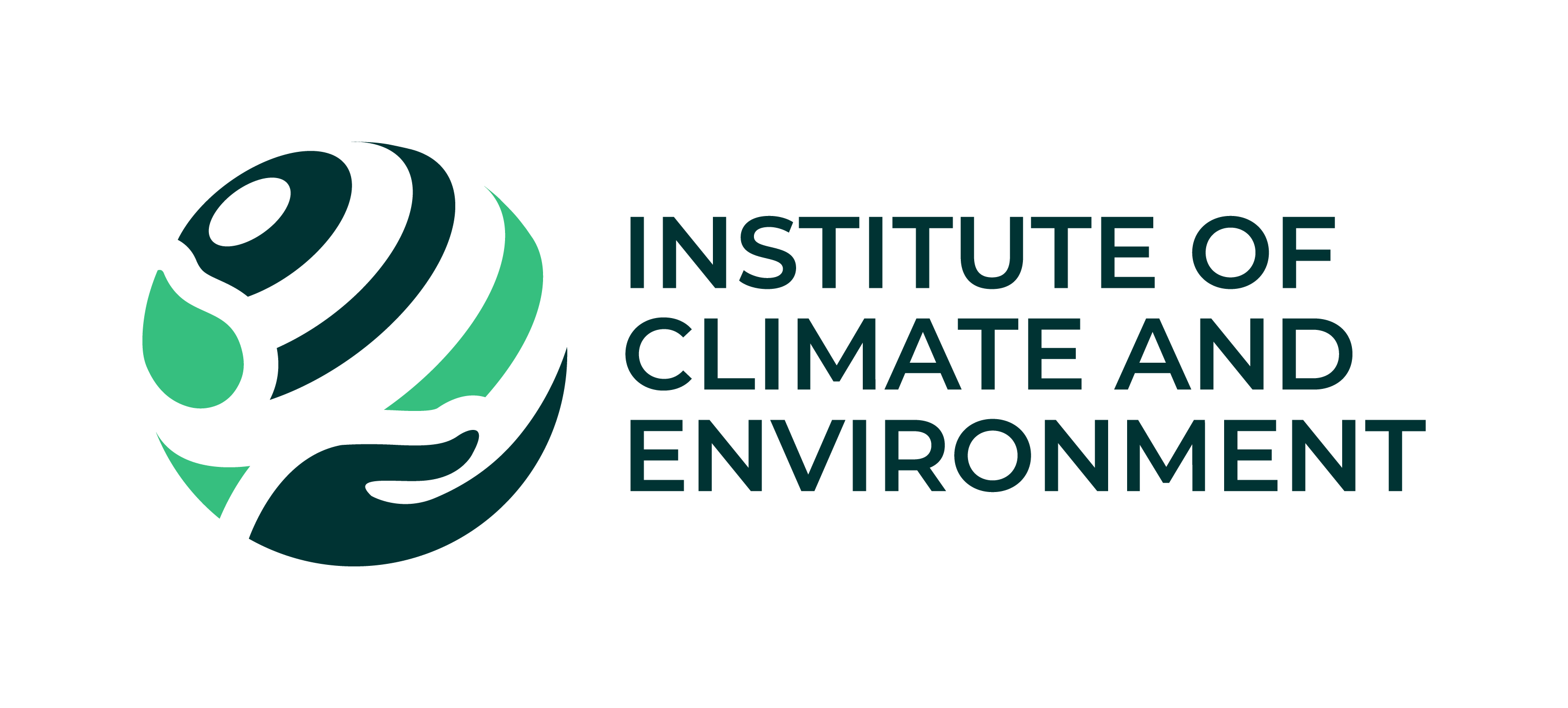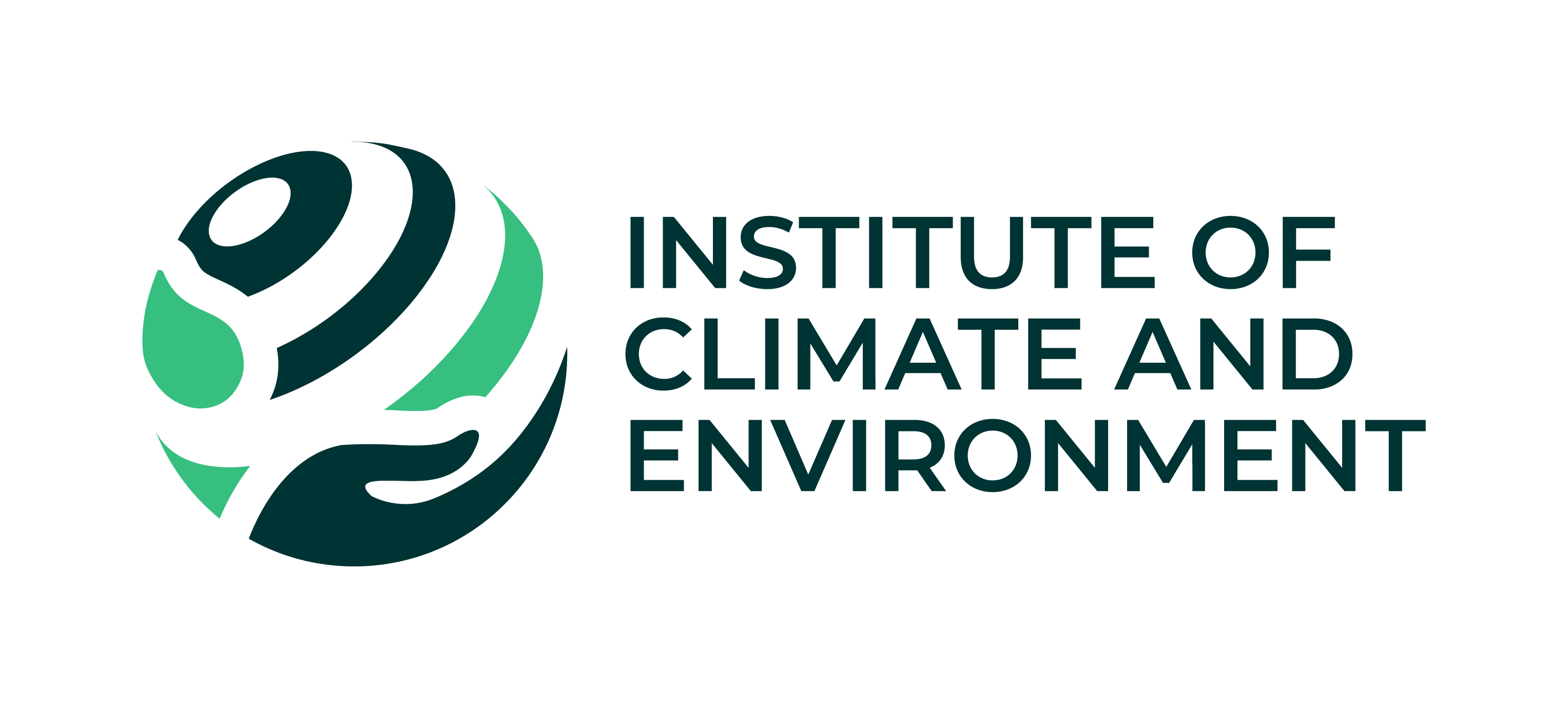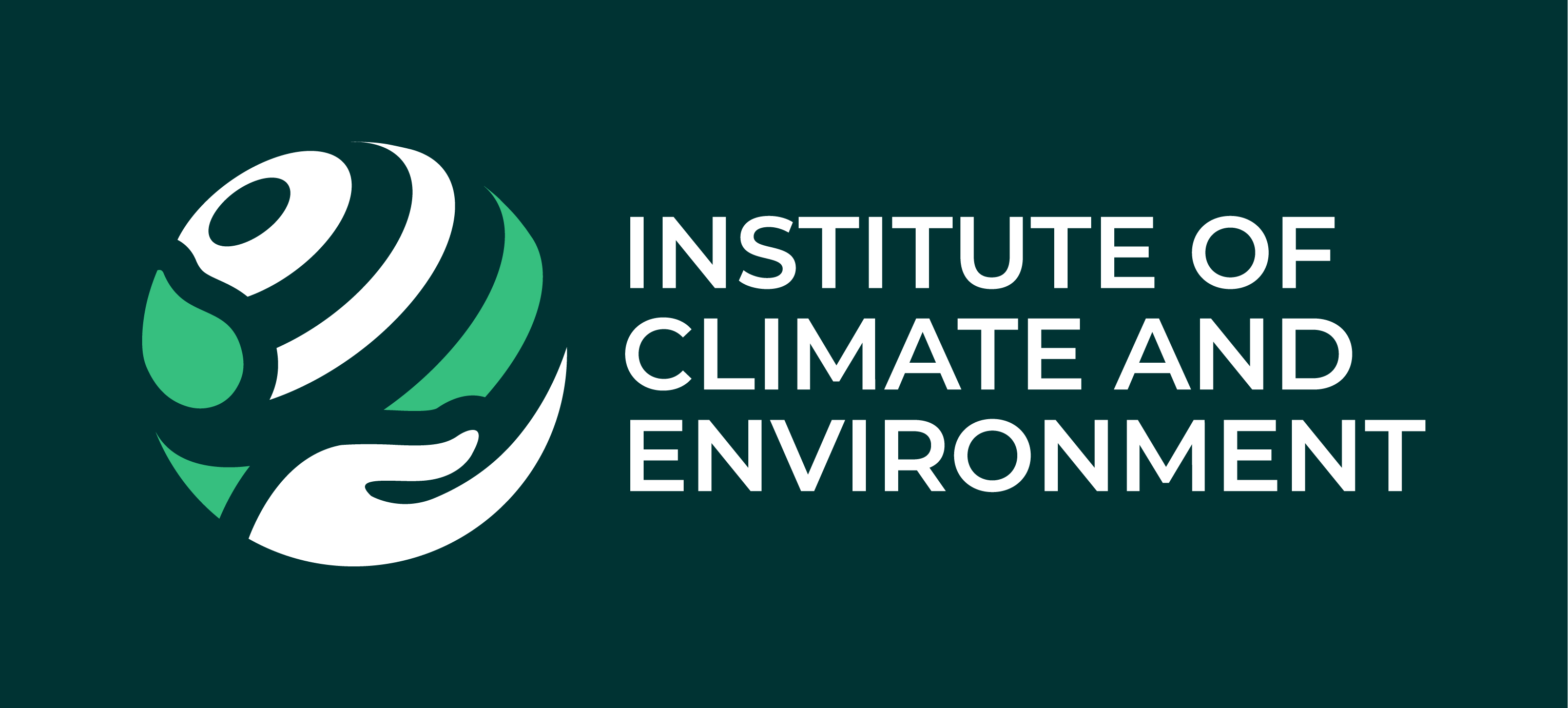Theory of Change
Understand our theory of change, which illustrates the causal relationships between our activities and desired outcomes, and how we are working to transform knowledge into action for sustainable Somalia.
our
Theory of Change

ICE institute has developed a comprehensive organizational theory of change to deliver its vision for the future. The theory of change illustrates what we do and how we do it. It’s driven by our core mission, and values and it’s integrated with our impact pathways to achieve a lasting impact. Our institutional theory of change describes the value proposition to conduct research for impact, engage multistakeholder, and build capacities to change in policy and practice. ICE’s theory of change focuses throughout the cycle by focusing on three key strategic challenges to advance the desired outcomes and impacts. We design our interventions and initiatives through the lenses of this theory to ensure an intended pathway and outcome, including in the planning, implementation, monitoring, evaluation, and learning processes.
Through our theory of change, ICE research addresses these three challenges – climate risks, biodiversity loss, and natural resources crisis through awareness building to improve sustainable practices, conduct impact research and policy engagement to contribute to the desired outcomes – enhanced capacities & practices, challenged systems & institutions, better policies & informed decision. The theory will capitalise on the feedback and learning systems throughout the process by ongoing monitoring, evaluation, and impact assessment. A set of enabling factories will be in place at any step of the way of implementation and the evaluation of impact pathways. This ensures our efficiency to gather and provide evidence and measure impact while learning from and communicating our outcomes and impacts – mitigated climate risks, improved natural resource systems and resilient ecosystem and improved food security, health, and well-being.




